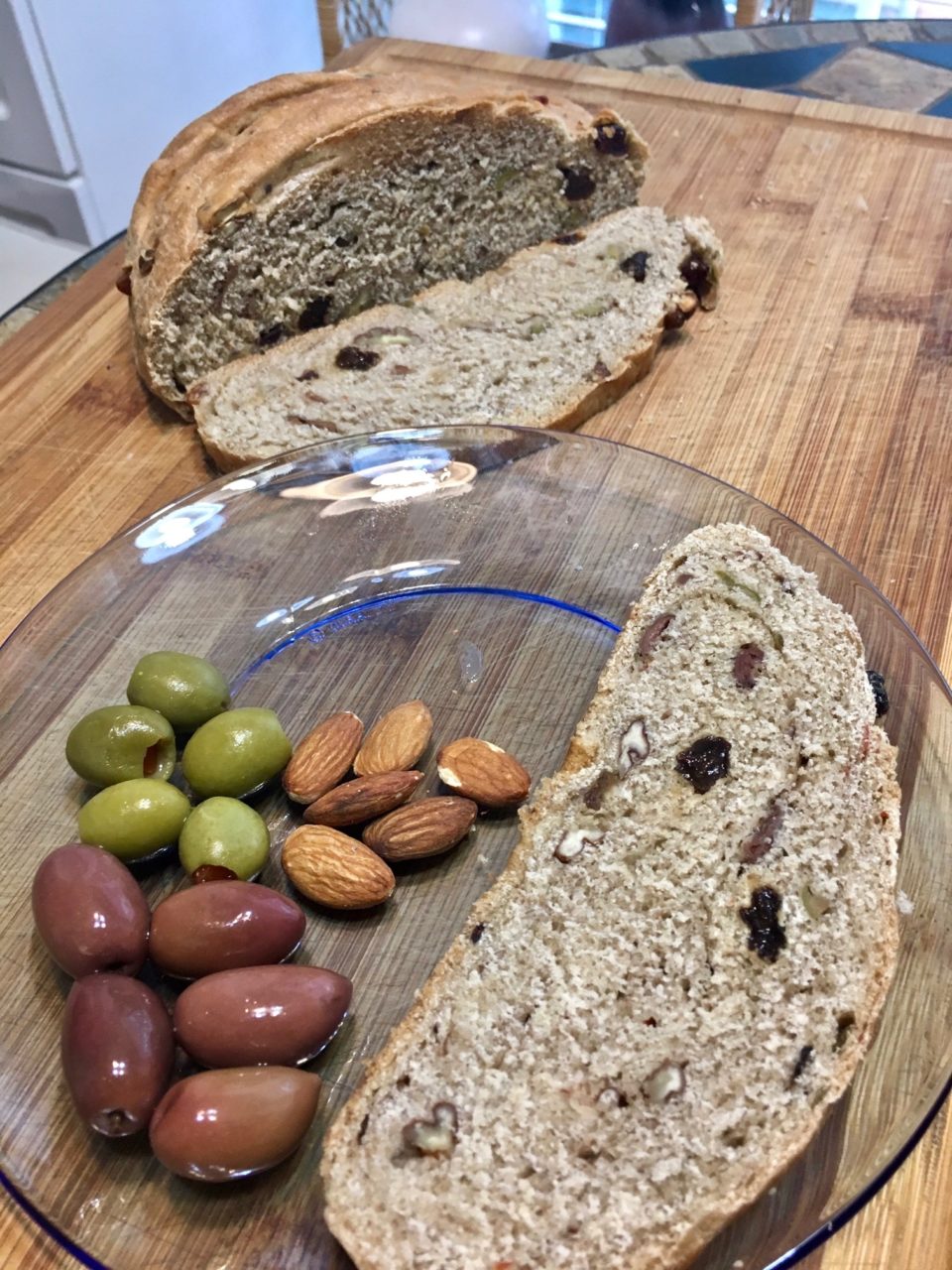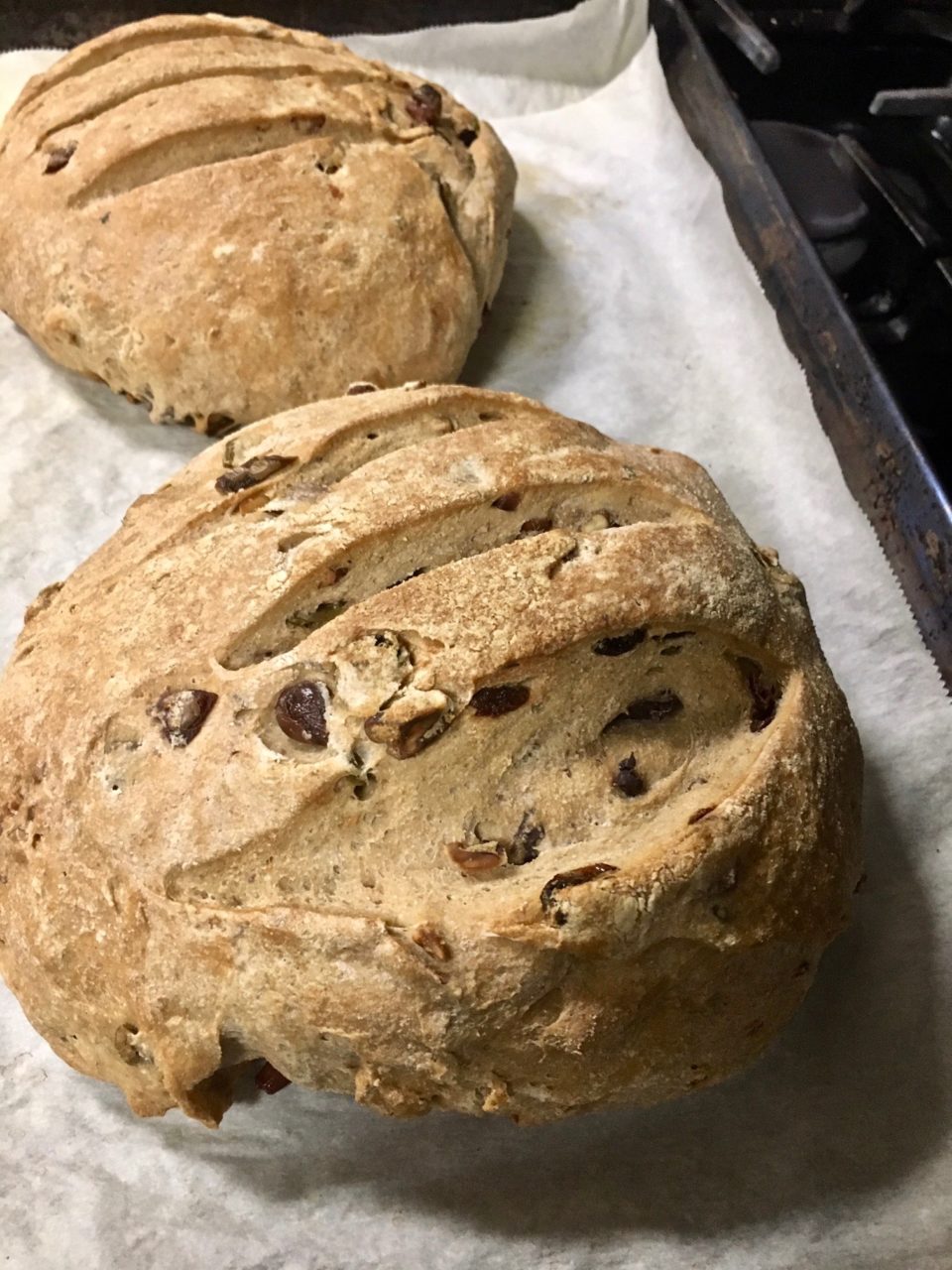 By Eileen Stephenson
By Eileen Stephenson
Byzantium in 1039 is not a time and place known well to many in the modern western world. The author sweeps away many misconceptions in her historical novel, Imperial Passions. One fascinating view is of the role of women.
While medieval women had few rights in most parts of the world, Eileen shared with me that “Byzantine women held positions of more consequence than elsewhere, and they had opportunities that women in the rest of Europe did not have until centuries later.” Two women ruled Byzantium in the 12th century, “Empress Zoe and Empress Theodora, who the people of Constantinople were fond of, despite their flaws. I think it just got people used to the idea that women could be in positions of authority.” Importantly, as Eileen noted, literacy became common in 11th and 12th century Byzantium, reaching down into the middle classes and included women, which helped them accomplish more.
Eileen gives us tantalizing views of female doctors and empresses, minority groups, generals and deposed kings, all in this cosmopolitan city. It is the many glimpses of women which are so fascinating and personal from Xene, abused and isolated by her husband to main character Anna Dalassena, who handles finances, households, became an expert in chess, that was to help her learn the basics of political success, so necessary as the mother of an emperor, when she ruled during his frequent absences due to war. “Arguably, Anna Dalassena could be said to have wielded more power than any other medieval woman… Emperor Alexios I Comnenus would not have made it onto the throne without the help of his mother, Anna Dalassena.”
While much about daily life was different from our lives almost 1,000 years later, there are moments that remain the same: joy at the birth of a child, sadness at death, fear of war and disease and yearning for safety and comforts of life, whether in the city or on the farm. Eileen includes meals in her revealing of daily life that was of tremendous interest to me. Except for special feasts, the everyday fare was simple. The family served meat occasionally, often goat or lamb, fish and the frequent small loaves of bread with cheese, olives, almonds and local in-season fruits. When on the farm, despite their status, Anna worked in her vegetable gardens and her husband, the famous General John Comnenus, hunted and fished when on their farm. This is quite an interesting contrast with the upper class or royalty in modern times.
The political intrigues, corruption and violent change of rulers brought exiles, tortures, abrupt changes of fortune and instability. This is especially true in empires like the Byzantine, kept in check by military force. Eileen told me, “The people of Constantinople were known for their willingness to riot if they didn’t like the way things were going.”
Eileen writes that she is in love with the Byzantium era. Anna Dalassena was a catalyst to her interest in the era and she is an intriguing character in Imperial Passions.
There are more books in this series and I certainly will be a reader of them all.
Small loaves of bread were served at most meals. With the abundance of olives and varieties of nuts, this bread could certainly have been baked and eaten during this time. We did use active yeast, not available during this era, and modern ovens! We hope Anna and her family would have enjoyed this delicious bread.
Crunchy Olive and Pecan Loaf
Simple meals were the daily fare in 12th century Byzantium. Small loaves of bread, olives, nuts and sometimes fruit and vegetables in season completed the typical lunch or dinner. We combined the loaf with the olives and nuts, added a few raisins for a modern version of this delicious bread. We used olive oil and honey, readily available, in the recipe. The bread is vegan and perfect with any meal.
1 1/2 cup warm water
3 tablespoons yeast
1 tablespoon honey
1 teaspoon kosher salt
2 tablespoon olive oil
3 1/2 cups white whole-wheat flour
2 cups bread floor
1 cup roughly chopped green and/or kalamata olives
3/4 cups chopped pecans
1 cup raisins
- Sprinkle yeast, honey and salt on the warm water. Let rest for 5-10 minutes, until bubbles.
- Add olive oil. Add flours gradually, mixing until dough comes together.
- Add olives, nuts and raisins. Knead until smooth.
- Cover with a damp cloth and place in a draft free area to rise for 1 hour or until doubled.
- Punch down and form into 2 medium or 3 small loaves. Place loaves on parchment lined baking sheets and let rise for another hour. Heat oven to 400 F.
- Place water filled oven proof bowl or dish on the lowest rack of the oven. Cut 3 shallow cuts in the top of each loaf.
- Put loaves into oven and bake for 30 minutes. For a crunchier loaf, lightly spray loaves with water after 10 minutes.
- Remove from oven and cook before slice. Freezes well.
Expand the Table substitutions
- All kinds of nuts: Use almonds or walnuts in place of pecans.
- Dried fruits: Use a combination of raisins, dried currants or cranberries
- More artisan: Make the loaf with a starter. Instead of 3 teaspoons yeast, use 1/4 teaspoons yeast and 1 cup prepared starter.
- Make it sweet: Instead of olives, use 1 cup cored, peeled and chopped apples.
- Make it lighter: Use all-purpose flour instead of white whole-wheat flour.
- Make it darker: Use whole-wheat flour instead of while whole-wheat flour.

Learn more about the author, Eileen Stephenson at her website


Thank you ever so for you post.Much thanks again.